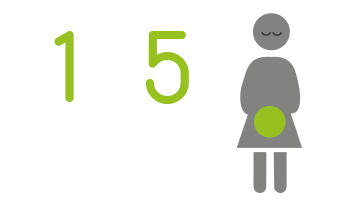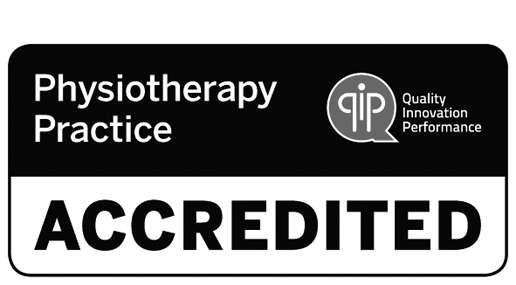Bladder Pain
Do you have pain in your abdomen, bladder or urethra?
Does it hurt when you need to urinate?
Are you bothered by urgency or needing to urinate often?
Have you been diagnosed with Interstitial Cystitis or Painful Bladder Syndrome?
Bladder pain is a condition affecting many people in Australia. Common diagnoses we see are Interstitial Cystitis, Bladder Pain Syndrome, and Recurrent Urinary Tract Infections.
To support your recovery from bladder pain, it is recommended that you have a multidisciplinary team assisting you, often involving a urologist, GP and pelvic floor physiotherapist, and sometimes a pain physician and psychologist.
Physiotherapy treatment for bladder pain targets your whole body, to alleviate symptoms and enable you to live a productive, active life. This includes many strategies which will set you up with good lifelong habits.
What is Interstitial Cystitis / Painful Bladder Syndrome?
Painful bladder syndrome is the term used to describe persistent pain in the bladder or urethra in the absence of infection or other identified pathology. Interstitial cystitis is a subtype of painful bladder syndrome, where specific inflammatory changes are found in the lining of the bladder on cystoscopy or bladder biopsy.
The exact cause of painful bladder syndrome and interstitial cystitis is not known.
Common symptoms:
Some people with bladder pain will experience regular symptoms, whilst others will only experience symptoms during ‘flares’.
Some common symptoms experienced are:
• Lower abdominal or urethral pain with urination or bladder filling
• Needing to urinate more often, with or without urgency
• Vaginal and vulval pain
• Sexual pain
• Abdominal and pelvic pain
• Irritable bowels
How We Can Help:
Our experienced Physiotherapists understand this complex problem and will work with you to improve your quality of life. We take a wholistic approach addressing all aspects that may be contributing to your pain.
Your physiotherapist will take a detailed history to work out what is causing your pain. They will help you to understand your pain and how your muscles, nerves, thoughts and feelings and the world around you are contributing. They will often focus on desensitising and retraining your bladder, improving the function of your muscles and joints in and around your pelvis, calm down the sensitivity in your nervous system, and improve your overall health and wellbeing.
We work closely with you, your referring doctor and other health professionals to achieve your goals.
What To Expect:
Our caring physios are invested in your overall wellbeing, empowering you to live your best life. During your treatment with us you can expect:
• Time spent hearing and exploring your story, understanding your unique body, mind and lifestyle factors and establishing goals with you
• A thorough physical assessment, which may include an internal vaginal examination (if and when you are ready)
• A detailed explanation of what is causing your pain, and what we can do to help
• Design of a treatment program tailored to your individual needs and goals
• Development of a ‘flare up management toolkit’ to give you strategies to help manage your pain during a flare
• Bladder desensitisation and retraining exercises
• Exercises for your pelvic floor muscles
• Education about healthy bladder and bowel habits
• Desensitisation exercises, massage techniques and / or stretches and strengthening exercises for your pelvis, back, abdomen or legs
• Education about the science of pain, to help you understand the relationship between your pain, nervous system, and physical and emotional health
• Advice on lifestyle factors including general exercise, sleep, diet and stress management










